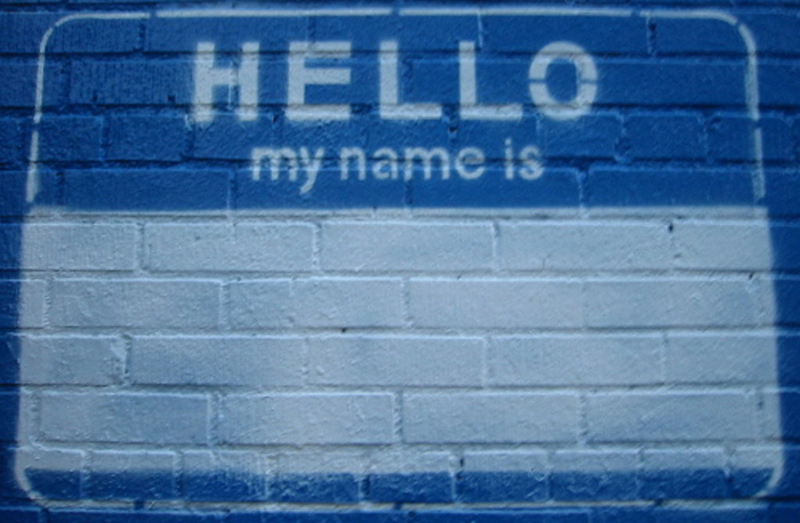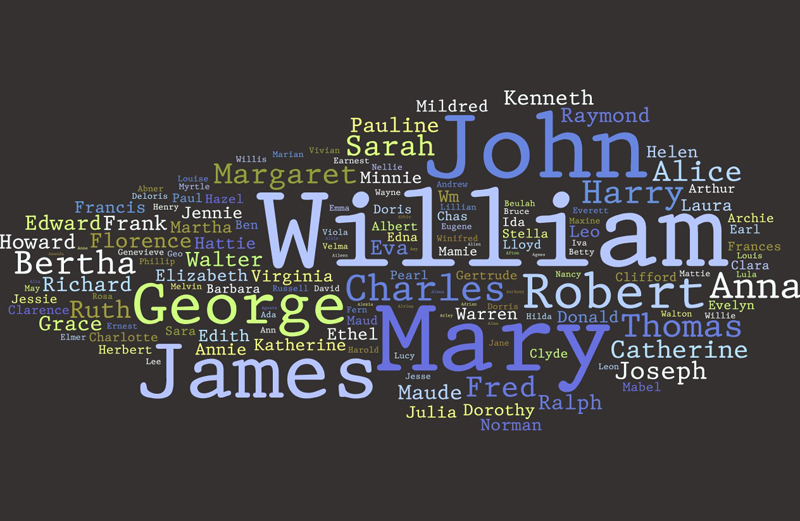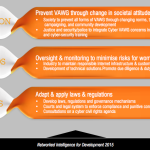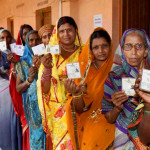What’s in a name? Well, in a world where virtual identities take on a life of their own, possibly everything. Facebook has a policy of encouraging ‘authentic identities’, called the ‘real name’ policy. Real name means the name as it would be listed on a government issued ID like credit card, driver’s license or student ID. Facebook also accepts variations of legal name as real, such as names by which friends or family members call you. This policy was adopted in order to check the proliferation of fake ID’s which are more likely to indulge in a wide range of bad online behaviour like impersonation, bullying, domestic violence, scams and hate speech.


This policy sparked controversy when several individuals were asked to furnish government issued ID proofs for identity verification on Facebook. Facebook users questioned the ‘real name’ policy on its inability to allow anonymity or pseudonymity which allows for a vast degree of freedom to express and engage with contentious issues. Such freedoms are very critical when thinking in terms of people belonging to nationalities with authoritarian regimes or women/ LBTIQ users who want to share and discuss potentially controversial issues.
A testimonial from the blog ‘my name is me’, says, “My name is Jamie Zawinski, though far more people know me as “jwz”. I was one of the founders of Netscape and Mozilla.org, have been involved in the open source software community since the mid-80s, and have been blogging since before that was even a thing. I ended up with the handle “jwz” because that was the custom in hacker culture at the time. It stuck.” He goes on to argue how ‘real names’ are often associated with social prejudices, and not any real accomplishments or skills and that pseudonyms have the ability to give people a sense of empowerment.


According to Facebook, the real-name policy stems from the position “you always know who you’re connecting with. This helps keep our community safe.” Another blogger Andie writes in her testimonial how pseudonyms, can generate a sense of safety for the author. “My name is Andie. I write about motherhood from various perspectives, including feminist, economic, political, and personal. I have presented at conferences, had my work quoted on television, and written for magazines, newspapers and blogs.
She adds, “Although I write sometimes under my own name, when I write about parenthood I often write under a pseudonym, one that I have been using for the past four years. As a parent I need to be mindful of the fact that my writing can compromise the privacy, and even the safety, of my two young children. And as my anonymity has inevitably declined, so too has my appetite for exploring the more contentious areas of parenthood – such as sexuality, parenting regrets, and negotiations with my partner.”
Facebook is not just an online platform for connecting with friends, but with a user base of 125 million in India, it is a virtual federation of communities. It is a forum for giving vent to unconventional opinions, sharing contentious thoughts and participating in online communities where there is more freedom to express, support and empower.
However having said that, Facebook has made some real efforts towards making its ‘real name’ policy smoother and hassle-free. Facebook has removed the requirement of providing government IDs to verify people’s identity. People can confirm their name with things like utility bills, a bank statement, a piece of mail, or a magazine subscription.
In response to the objections raised by online activists and civil society, Alex Schultz from Facebook said, “We require people to use the name on Facebook that their friends and family know them by, and we’ll continue to do so. From experience, we know this policy helps make Facebook safer. When people use the name others know them by, they are more accountable for what they say, making it more difficult to hide behind an anonymous name to harass, bully, spam or scam someone else.”
The ‘real name’ policy has become a face-off between the right to freedom vs. right to safety. However the issue at large, is how the social networking space can become a possible means of creating virtual identities to develop capacities in the real world. For this reason, it is important to consider how real lives are getting impacted by social media usage. Only a realistic name policy which provides its ever-increasing number of users with a safe, happy and hassle-free experience will find fancy with the users. For now, it seems that Facebook is slowly and steadily moving in that direction.
Donation for Centre for Social Research to Join our effort in rehabilitating Domestic Violence
Discuss this article on Facebook




